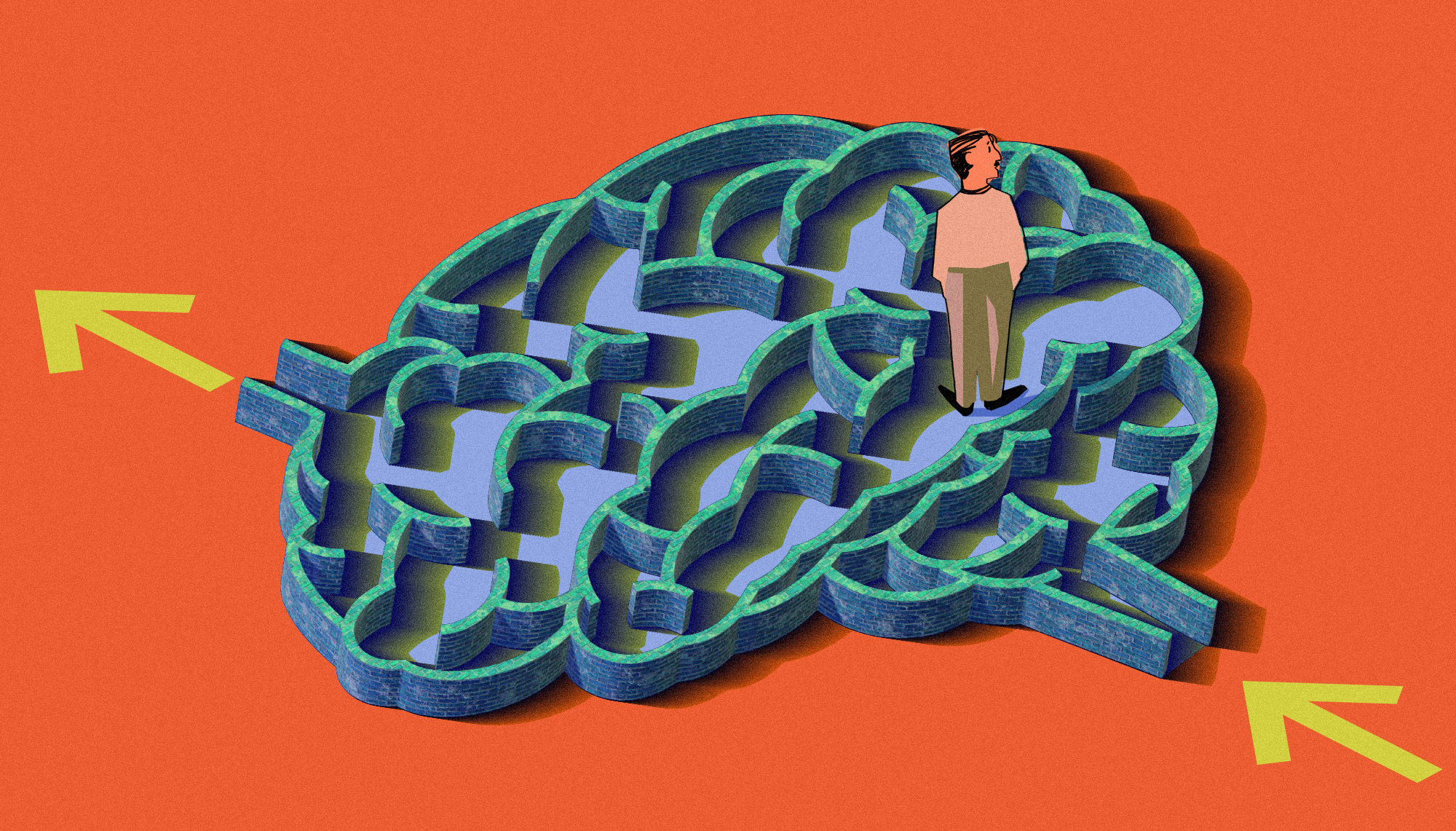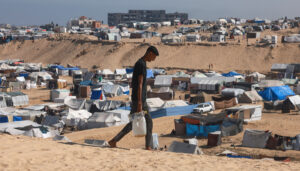
Written By: Al-Dinawari
Recently, the small northern town of Al-Wahadneh made the local news as it’s set to become the Kingdom’s first “model eco-village”.
Both the Jordanian Hashemite Fund for Human Development (JOHUD) and the International Union for Conservation of Nature (IUCN) have signed an MOU to turn Al-Wahadneh in to an eco-village, where it will essentially pursue various environmentally-sound and sustainable economic solutions, in line with the fundamentals of ecosystem management. This includes home garden units, grey-water treatment, and the establishment of green houses.
Without a doubt, it is a noble pursuit and a significant piece of news in the local environment circle. Only a few years ago, the Ajloun governorate was making news for a completely different reason. Environmentalists went nuts over plans by Jordan Dubai Capital (JDC) to build a large-scale, five-star resort in the Dibbin area, taking a large chunk of its forest – one of the few left in the Kingdom – in the process. Environmentalists managed to win that battle and JDC ended up remodeling their plans to create eco-lodges situated at a safe distance from the forest. During the changes, JDC announced that it had “listened” to the people, but that this decision would sadly create less job opportunities than their original plan.
But when it comes to economic activity, we should constantly be asking: what kind of job opportunities are being created?
The green and mountainous Ajloun governorate has been positioning itself as the country’s eco-governorate, which will allow it to stand out and capitalize economically on a vital niche in the Kingdom that few other areas can claim due to geographic realities. It is a significant digression from the monochromatic development models in Jordan that attempt to create economic sustainability and growth through various basic opportunities such as retail districts, service industries or manufacturing factories. Ajloun instead is hopefully realizing that not only cannot it not compete in these fields, but that it shouldn’t even bother making the attempt in light of its ability to capitalize on its own assets.
The Ajloun governorate faces one of the highest levels of unemployment and population density in the Kingdom, making it one of the poorest regions in Jordan. It is a So naturally, when it comes to taking control of its economic destiny, the focus on the types of jobs it creates vis a vis the type of economy it can capitalize on, is expected. Tapping in to the potential of developing an environmentally-based economy is huge, and ranges from eco-tourism projects that generate significant tourism activity for the Kingdom, to eco-manufacturing, all of which create jobs and income. The RSCN has already developed its the Ajloun Forest Reserve but imagine Ajloun becoming Jordan’s center for eco-technology, with research centers being established to rally the regional and international environmental-science community. Imagine the govornorate being fueled by wind and solar energy. Imagine an annual environment-related festival or a factory that manufacturers environment products that can be sold in the general market or to hotels for their use, including those reusable shopping bags Carrefour has been selling in cooperation with the Ministry of Environment. Maybe even the world’s second, carbon-neutral clothes factory. Given its relatively small size, imagine it being the perfect model for all these initiatives.
As recent moves to decentralize the central government begin, giving control back to the governorates, we can only hope that Ajloun will continue down this path and become a model eco-governorate for the rest of Jordan, and perhaps the region.










